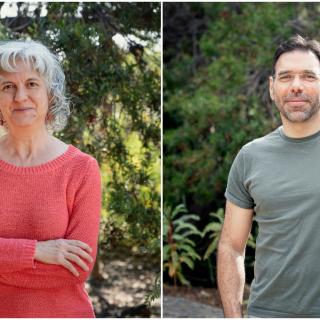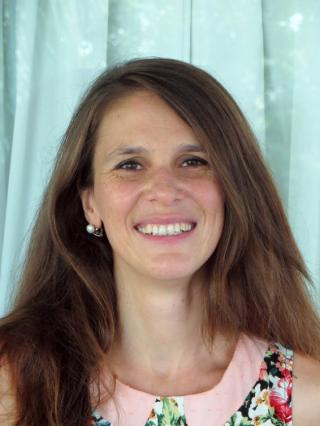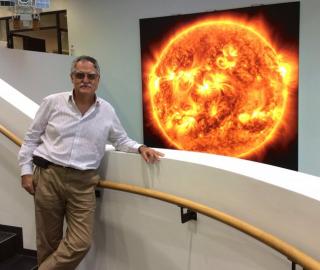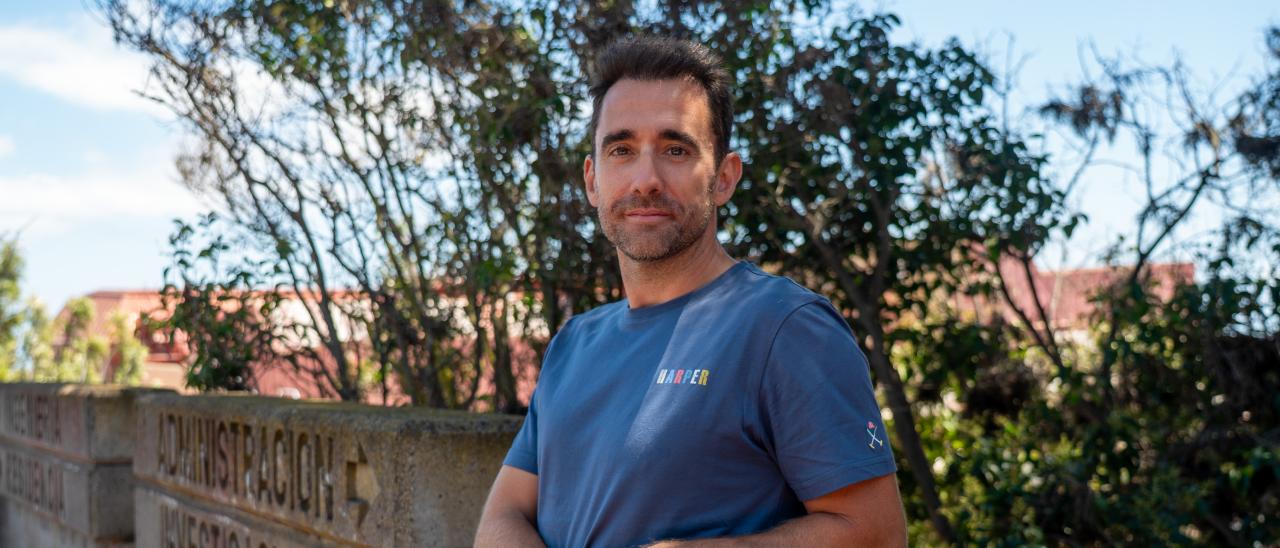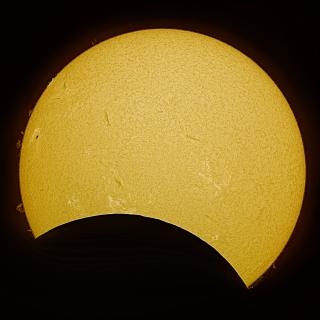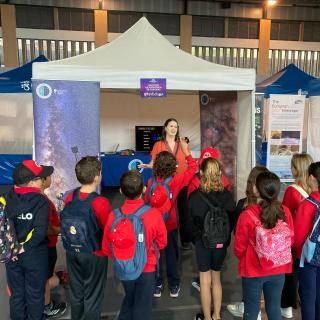IAC researcher David Aguado has obtained a prestigious Starting Grant from the European Research Council (ERC), aimed at promoting promising young scientists. This is the third ERC grant -one of the most competitive and recognized of the Horizon Europe program- that the center has received so far this year, thus consolidating its international projection.
These highly competitive grants provide up to €1.5 million over five years to support outstanding young scientists in establishing their own independent research groups and pursuing pioneering scientific ideas.
Searching for the first stars with OUTLIERS
It is a cornerstone of modern astrophysics that the first stars formed exclusively from hydrogen, helium, and tiny traces of lithium—the only elements synthesized during Big Bang nucleosynthesis. These stars, if found, would act as living fossils, carrying crucial information about the early Universe. Yet, none has been discovered so far.
With the support of the Gran Telescopio Canarias (GTC) and spectroscopic surveys like DESI, David Aguado is determined to uncover these elusive objects: “If these stars still exist and aren’t hiding on the far side of the Galaxy, OUTLIERS will give us a real chance to find them,” explains the project leader.
Aguado earned his PhD at the IAC in 2018 and, after research appointments at the Universities of Cambridge and Florence, returned to the Canary Islands in 2023 as a Ramón y Cajal fellow to lead this long-standing challenge in the field of stellar archaeology. Both the first stars (known as Population III) and their immediate descendants are exceptionally rare and hold extraordinary scientific value due to their unique chemical composition and physical properties.
A project that combines cutting-edge science with social responsibility
The project, set to begin in January, includes the formation of a new research team that brings together diverse skills and techniques, fostering collaboration and synergy among its members: “My commitment to the European Research Council includes building a diverse team that actively promotes gender equality and acknowledges the presence of underrepresented minorities in science,” says Aguado.
In fact, the OUTLIERS team will launch an outreach programme targeting public schools in the Canary Islands and other educational institutions, aiming to communicate the science of the first stars and their physics directly to students: “OUTLIERS will not only bring European investment to the archipelago in the form of new jobs, but will also work hard to give back to Canarian society what truly belongs to it: knowledge of its extraordinary sky.”
A European commitment to frontier research
ERC Starting Grants support novel, high-risk/high-gain ideas with transformative scientific potential. The funding awarded to OUTLIERS reflects the IAC’s strong commitment to scientific excellence and international leadership in frontier research.
Contact:
David Aguado: david.aguado [at] iac.es (david[dot]aguado[at]iac[dot]es)
